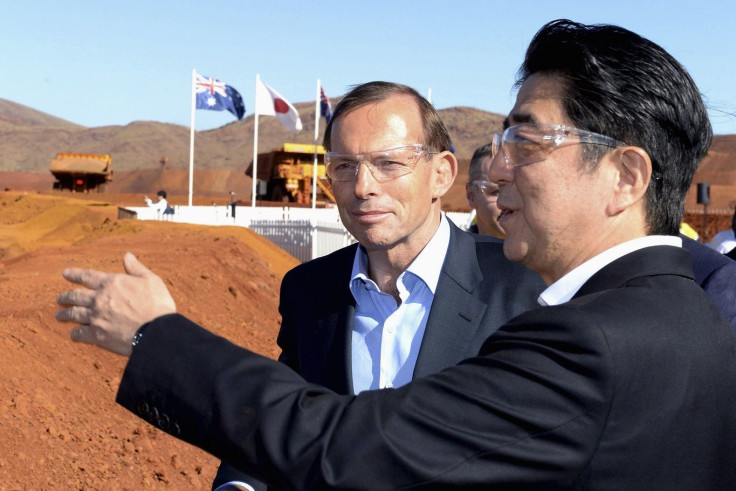The End Of The Australian Mining Boom

While some think that the Australian mining boom is far from over, others, however, believe that it has already reached demise. Of course, the government belongs to the former.
For Department of Industry and Science chief economist Mark Cully , the local resources sector is just currently entering a non-lucrative phase of the boom, a distinct characteristic of any prolonged industry explosion. He insisted to local economists in April that the production phase of the boom is just beginning for Australia. He admitted, though, that the mining industry would not be as aggressive as it was before.
The Indonesian ore ban, which removed almost 30 percent of raw nickel ore supply from the global market, has encouraged many investors to diversify their imports and to consider partnering with high-grade ore producers in Australia. Among the beneficiaries is Australian diversified miner Sirius Resources , which is now receiving acquisition offers from giant miners like Independence Group.
The ban has also been valuable to non-Australian miners. Global newcomer Amur Minerals Corporation has remained in the spotlight since 2013 when it first announced that it would seek pre-production license from the Russian government. Last week, its shares rose by almost 20 percent upon the completion of the £300,000 [$633,000]] pre-production licence payment requirement to cover the assignment of production rights for all recoverable metals at its Kun-Manie nickel reserve in Russia.
Australia’s Mining Future
For most economists, Australia was unsuccessful in capitalising on a once -in-a-lifetime mining boom because politicians chose to put short-term vote-winning policies ahead of the long-term interest of the nation . They believe that politicians have put personal interests on top of what could be a life-saving factor for many Australians.
“I’ve never seen something so squandered in my life. What happened in the 2000s is that corporate tax revenue increased. Instead of putting that into a future fund, their first response was to recycle those increases into personal tax cuts. The household sector was therefore the main beneficiary of the mining boom,” Richard Robinson, associate director of economics at BIS Shrapnel, told The New Daily in January. What the government should have done those days, added Robinson, was leave the income tax and use it on other struggling sectors instead.
For most economists, Australia was unsuccessful in capitalising on a once -in-a-lifetime mining boom because politicians chose to put short-term vote-winning policies ahead of the long-term interest of the nation . They believe that politicians have put personal interests on top of what could be a life-saving factor for many Australians.
“I’ve never seen something so squandered in my life. What happened in the 2000s is that corporate tax revenue increased. Instead of putting that into a future fund, their first response was to recycle those increases into personal tax cuts. The household sector was therefore the main beneficiary of the mining boom,” Richard Robinson, associate director of economics at BIS Shrapnel, told The New Daily in January. What the government should have done those days, added Robinson, was leave the income tax and use it on other struggling sectors instead.
Sims says that Australia is now complete with the “investment phase” of the boom. What it must do is to prepare for the “production phase,” he added. The country must also work on showing foreign economies and investors that Australia remains a powerful economic entity even in the absence of the so-called “mining boom.”
Contact the writer: a.lu@ibtimes.com.au





















